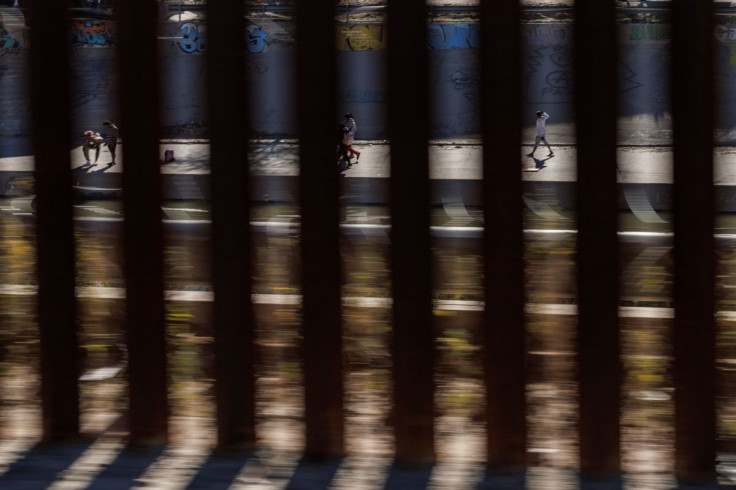
The CBP One app, the primary method for asylum seekers to secure appointments with border officials, is exposing migrants to kidnapping and extorsions, according to reports from humanitarian organizations like Human Rights Watch and Amnesty International.
A report by Newsweek cites several sources from each NGO who highlight how the app violates international human rights and refugee law.
Migrants who wish to enter the U.S. legally are required to access the CBP One app to request an appointment at a land port of entry to the country. However, since only around 1,450 CBP One appointments are issued each day, the system has a huge backlog that can translate into months. Additionally, many asylum seekers cannot afford the cell phones necessary to request and then follow up on the appointment while others report having them stolen by gangs.
A report by Human Rights Watch (HRW) in May highlighted the risks of forcing thousands of people seeking asylum in the US to wait for months in Mexico. Ari Sawyer, US border researcher for the organization said in the report:
"The Biden and López Obrador administrations are knowingly exposing migrants to persecution at the hands of cartels that systematically target migrants for kidnapping, extortion, and sexual assault. The US and Mexican governments should stop forcing migrants to wait in Mexico and should stop collaborating on rights-abusive immigration policies."
To make matters even worse, nearly all the asylum seekers Human Rights Watch spoke to described having trouble using or accessing CBP One due to identity factors such as their race, digital literacy, ability to read or write, language, age, LGBT status, or disability.
"Cartels and corrupt government officials profit from policies that strand non-Mexican migrants in Mexico for long periods of time," concluded the report. "Thanks to these policies, cartels have expanded their business model to include the extortion of the US-based family or friends of kidnapped migrants."
In May, Amnesty International also produced a report condemning CBP One, citing "technological barriers, language and literacy limitations, misinformation and the arbitrary nature of appointment allocation" and deeming it "a clear violation of international human rights and refugee law."
The report also outlines the dire situation faced by those seeking asylum waiting in Mexico for CBP One appointments. In one testimony a Venezuelan woman seeking asylum in the United States described the harsh conditions of waiting in Mexico until her appointment:
"We were kidnapped for three days and then released. We were blindfolded and they beat us several times. We were taken off the buses several times and were forced to pay. We were sold tickets at double the price. So many things happened to us that make you want to cry. If we don't get the appointment quickly, we'll throw ourselves into the river."
© 2025 Latin Times. All rights reserved. Do not reproduce without permission.




